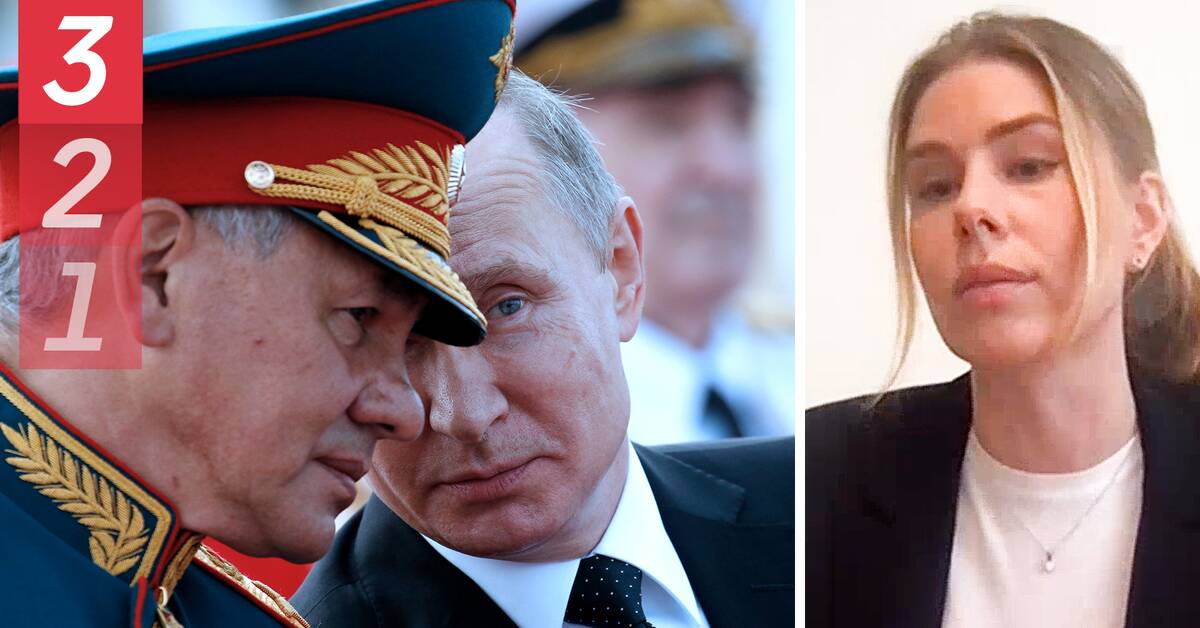- Just as 2020 was marked by a lot of misinformation about covid-19, so 2022 has been mainly marked by Russia's war in Ukraine.
Many of the disinformation campaigns we've seen from state and non-state actors this year, targeting the West, have been linked in one way or another to Russia's war, or the consequences of the war.
This is what Mollie Saltskog, analyst at the security company Soufan Group in Washington DC, tells SVT Nyheter.
- Twitter and Facebook have been important for spreading the Kremlin's message, and platforms such as Telegram have become extremely important for spreading propaganda and disinformation.
Influence public opinion in Europe
She also points out that it is not only Russia that has directed disinformation at the West during the year.
- Many countries, above all authoritarian countries, use disinformation to control their own countries.
But when it comes to foreign powers using influence campaigns directed at the West, Russia, China and Iran stand out.
According to Mollie Saltskog, Russia and Kremlin-connected actors have tried to influence general opinion, something that has not always been effective in European countries.
- Outside Europe, Russian disinformation narratives around Ukraine have gained much more traction, it has been more effective in other parts of the world, for example in South America.
So what have been the most common Russian messages in 2022?
In the video above, we go through three Russian disinformation themes.

